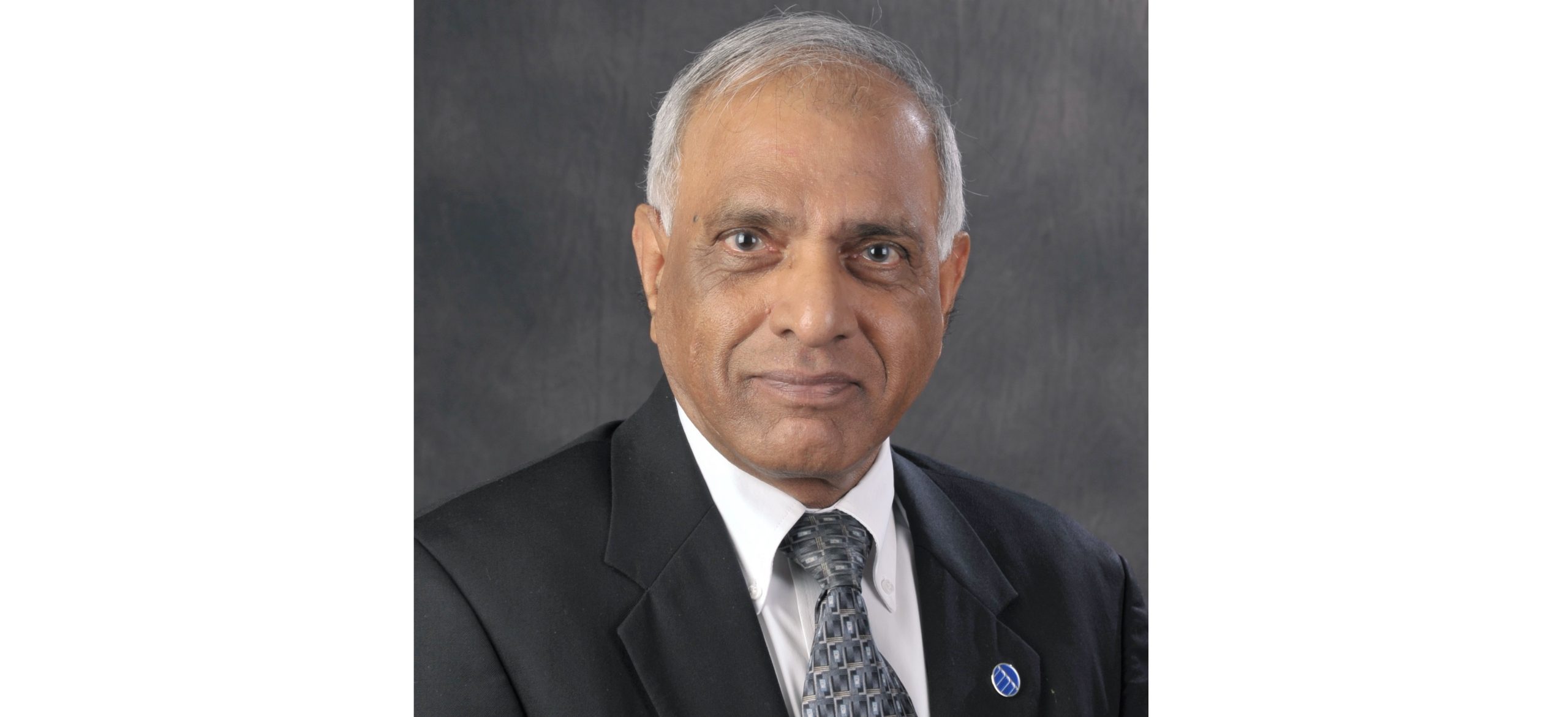Seminars@DEM - J. N. Reddy (Distinguished Professor, Texas A&M University)

"The dual mesh control domain method for elasticity and nonlinear problems" - May 29, 2024, Wednesday, 3:00 pm, Pavilhão de Mecânica II, amphitheatre AM
Date: May 29, 2024, Wednesday
Time: 3:00 pm
Place: Pavilhão de Mecânica II, amphitheatre AM
• Speaker: J. N. Reddy (Distinguished Professor, Regents’ Professor, and holder of the O’Donnell Foundation Chair IV in Mechanical Engineering at Texas A&M University)
• Title: "The dual mesh control domain method for elasticity and nonlinear problems"
• Abstract:
Currently, the Finite Element Method (FEM) and Finite Volume Method (FVM) are the most commonly used numerical methods for the solution of differential equations, with FEM dominating solid and structural mechanics and FVM witnessing popularity in heat transfer and fluid mechanics. In 2019, Reddy introduced a numerical approach termed the Dual Mesh Control Domain Method (DMCDM), which utilizes the desirable features of the FEM and FVM. In the DMCDM, the domain is represented with a primal mesh of finite elements (defining the approximations used for the dependent variables), and a dual mesh is superimposed on the primal mesh such that the nodes of the primal mesh are at the center of the dual mesh of the control domains. In addition, the governing equation is satisfied in an integral sense (not a weighted-integral sense) over the control domain, as in the FVM. Thus, in the DMCDM the dependent variables are approximated using finite element interpolation functions (as in the FEM), and the governing equation is satisfied in an integral sense over a typical control domain of the dual mesh (as in the FVM). In this lecture, the DMCDM is explained and its application to a variety of linear and nonlinear problems, including elasticity, is presented.
• Short Biographic Note:
Dr. Reddy is a Distinguished Professor, Regents’ Professor, and the holder of the O’Donnell Foundation Chair IV in Mechanical Engineering at Texas A&M University, College Station, Texas. Dr. Reddy, an ISI highly-cited researcher, is known for his significant contributions to the field of applied mechanics through the authorship of a large number of textbooks (25) and journal papers (>800). His pioneering works on the development of shear deformation theories (that bear his name in the literature, as the Reddy third-order shear deformation plate theory and the Reddy layerwise theory) have had a major impact and have led to new research developments and applications. Some of the ideas on shear deformation theories and penalty finite element models of fluid flows have been implemented into commercial finite element computer programs like ABAQUS, NISA, and HyperXtrude. In recent years, Reddy's research has focused on the development of locking-free shell finite elements and nonlocal and non-classical continuum mechanics problems dealing with architected materials and structures, damage and failures in solids.
Dr. Reddy has received numerous honors and awards. Most recent ones include: 2023 Leonardo da Vinci Award from the European Academy of Sciences; 2023 Michael Païdoussis Medal from the Royal Society of Canada; 2022 IACM Congress (Gauss-Newton) Medal from the International Association of Computational Mechanics; 2019 SP Timoshenko Medal from the American Society of Mechanical Engineers; 2018 Theodore von Kármán Medal from the American Society of Civil Engineers; 2017 John von Neumann Medal from the U.S. Association of Computational Mechanics; 2016 Prager Medal from the Society of Engineering Science; and 2016 ASME Medal from the American Society of Mechanical Engineers.
He is a member eight national academies, including the U.S. National Academy of Engineering, and foreign fellow of Indian National Academy of Engineering, the Canadian Academy of Engineering, the Brazilian National Academy of Engineering, the Chinese Academy of Engineering, the Royal Engineering Academy of Spain, the European Academy of Sciences, and the European Academy of Sciences and Arts.
This is another Seminar of the “Seminars@DEM” cycle.
Next Seminar, June 12, 2024, Wednesday, 3:00 pm.
